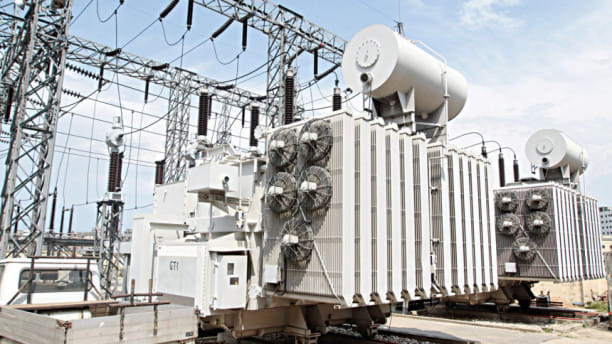Capacity payment terms must be renegotiated

The interim government must suspend the inefficient and costly power plants and renegotiate the capacity payment terms with the private power producers as the structure incentivises inefficiency, according to the report of the task force.
"The current capacity payment structures incentivise inefficiency and impose unnecessary costs on the government," said the task force report on re-strategising the economy and mobilising resources for equitable and sustainable development.
Revising the terms will align payments with actual energy production, ensuring better value for public spending, it said.
Over the years, maximum power generation has consistently fallen short of installed capacity.
Surplus capacity reached 11,680 megawatts (MW) in fiscal 2023-24. Nearly 43.5 percent of the power plants' capacity remained underutilised last fiscal year compared to the installed capacity of 26,844 MW.
As a result of capacity payments, irregularities and various inefficiencies, the Bangladesh Power Development Board's operating losses surged to Tk 44,291 crore last fiscal year. In fiscal 2017-18, PDB's losses stood at Tk 6,208 crore.
This fiscal year, capacity charges would take up about 80 percent of the Tk 40,000 crore subsidy allocation for the power sector, the report said.
This disproportionately large share directed towards capacity payments raises concerns about the influence of vested interest groups within the sector.
Powerful business entities and political elites are benefitting from these contracts, often secured under non-competitive arrangements, the report said.
"Such practices not only burden public finances but also limit resources available for investing in sustainable energy solutions and infrastructure improvements."
Quoting the data of capacity payments released in the parliament in 2023, the report said 82 independent power plants and 32 rental power plants have received more than Tk 1 lakh crore in capacity charges over the previous 14 years. Of the amount, the top 10 plants had received one-third of the payments.
"Giving tenders to the same few companies over and over again has made the country dependent on them to the extent that the country has to accept their technical failures even during spans of high demand."
The problems and challenges in the power and energy sector include poor regulatory quality; lack of institutional capacity; and lack of strategies to address the PDB's growing revenue shortfall in the Integrated Energy and Power Master Plan 2023.
The government's monopoly market structure in power procurement, transmission and distribution systems; the lack of transparency and accountability; and the pricing and subsidy policies are the other problems and challenges for the sector.
Subsequently, the task force suggested that the interim government prepare a short-term strategy consisting of revising the master plan, adjusting the energy prices and subsidies, leveraging regional energy trade, ensuring transparency in the international contracts, eradicating tax mismatches for renewable energy adoption, strengthening the capacity of the Sustainable and Renewable Energy Development Authority.
The task force also emphasised ensuring uninterrupted energy supplies to export-oriented and export-supporting firms as the critical first step to maintaining operational efficiency and reducing production costs.
"Unreliable power supply is a particularly serious problem for the light engineering industry where many manufacturing processes require an uninterrupted power supply. Frequent power cuts, especially during the summer, lead to high wastage rates and raise energy costs," the report said.
KAS Murshid, the former director general of the Bangladesh Institute of Development Studies, headed the task force, which submitted its report to Chief Adviser Muhammad Yunus last week.





 For all latest news, follow The Daily Star's Google News channel.
For all latest news, follow The Daily Star's Google News channel.
Comments